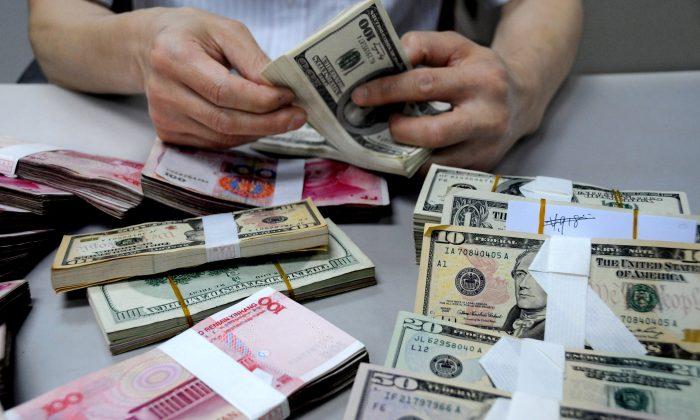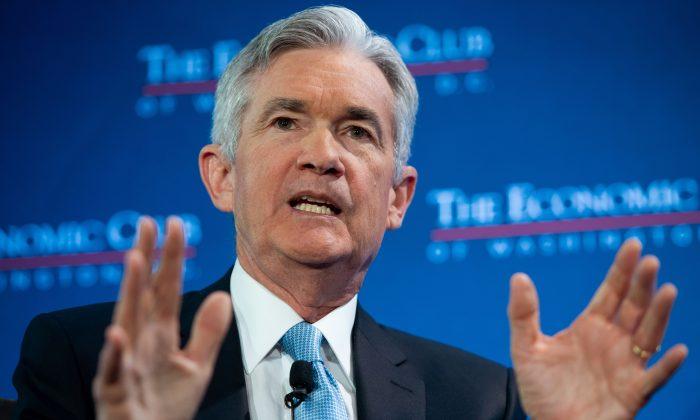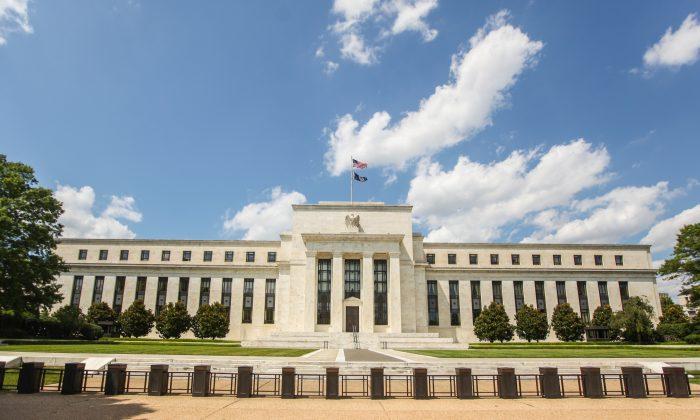Chinese have embraced capitalism more than its Western brethren, or so the saying goes. Rampant speculation in the stock market is a testament to this claim.
However, after a 33 percent rally in the Shanghai market so far this year, central planners decided things should not get out of hand, given 5.75 million new broker accounts were opened by mom and pop retail investors in Shanghai and Shenzhen during the month of March.
Central planners sent a message to the markets, which slammed stock futures in late Asian trading on Friday. The FTSE China A50 index future was down 5.2 percent at one point in Singapore.
“Some investors have insufficient understanding and alertness of market risks,” Deng Ge, spokesman of the China Securities Regulatory Commission said in a press conference in Shanghai, on April 17. “I want to remind retail investors: invest rationally, and always treat the market with awe.”
For good measure, the commission followed up by allowing mutual funds to make their shares available for short selling, which puts downward pressure on stocks, and banned certain methods brokers use to extend credit to speculators, such as umbrella trusts.
Trader Dave Lutz wrote in a note: “The Street says this has a big impact. The banks’ financing to brokers through an ”umbrella trust“ is around one-third of the total margin financing balance,” which could be up to $81 billion.
This whole exercise in trying to contain speculation is odd, as central planners in Beijing previously fueled this bubble by pumping $160 billion in liquidity into the market via the central bank’s “pledged supplementary lending” program.
This liquidity was meant to prop up the real estate market but ended up in the stock market. Now the regulators are trying to channel that liquidity away from the stock market again in an irony of central planning folly.






Friends Read Free